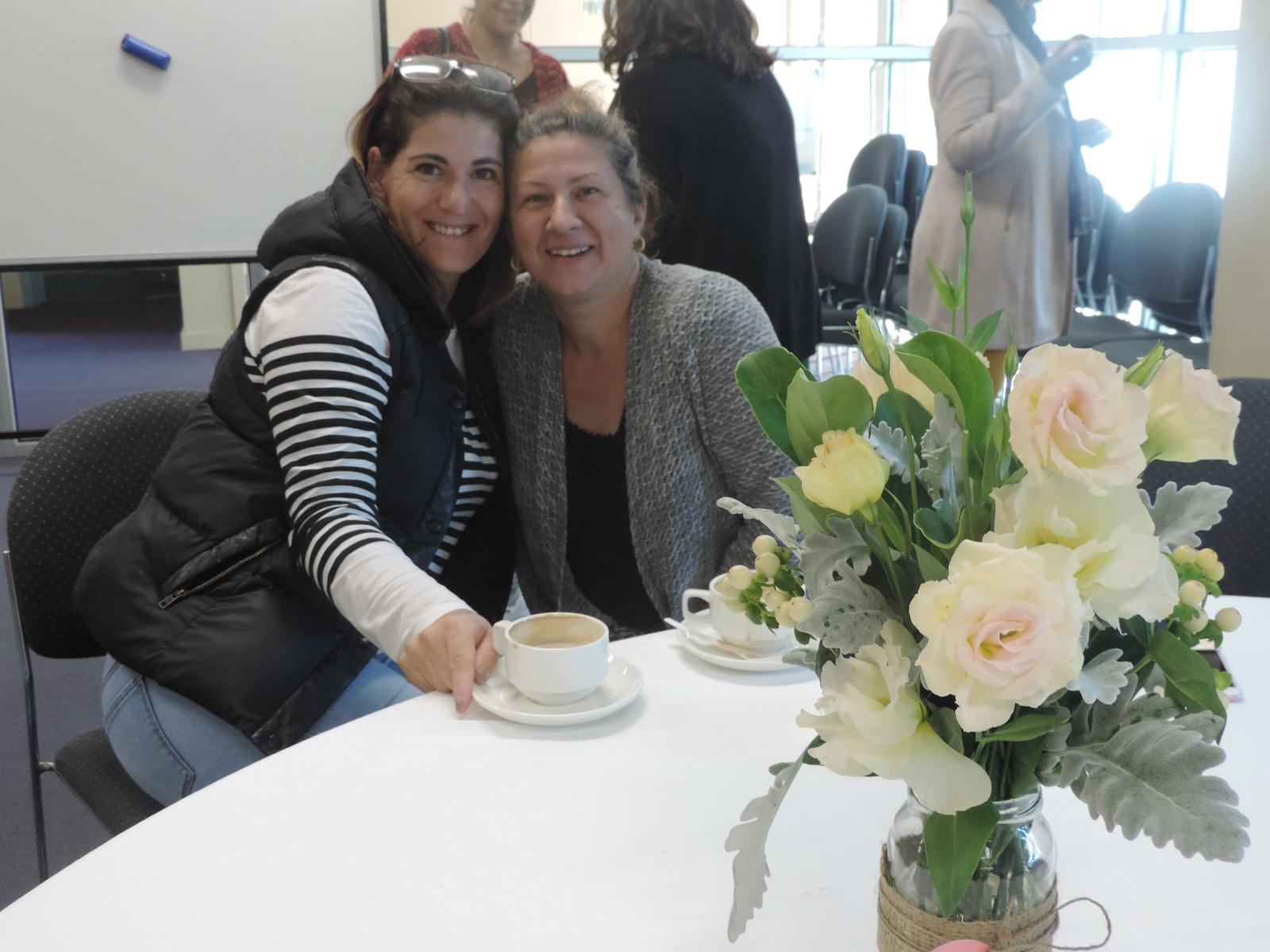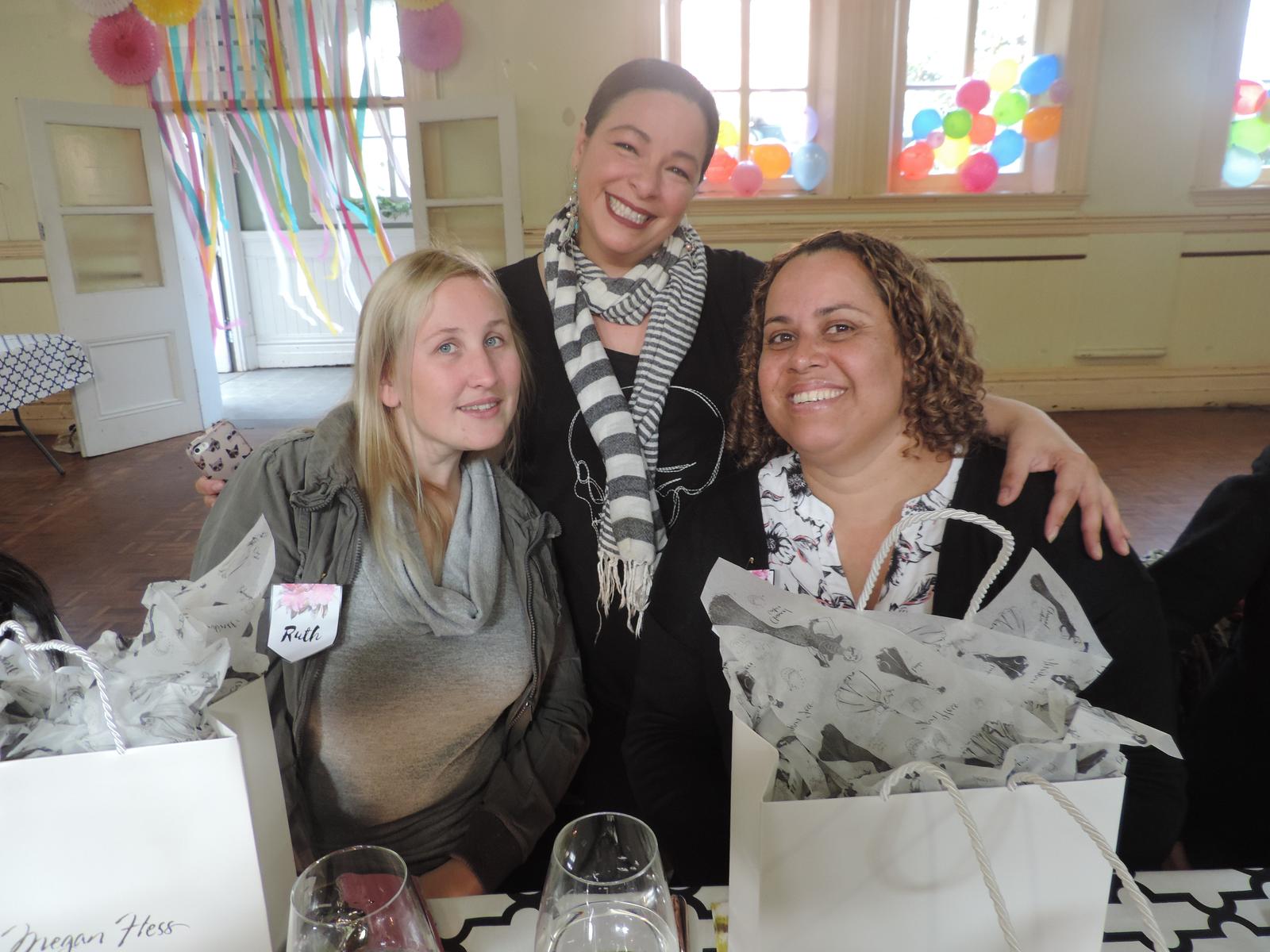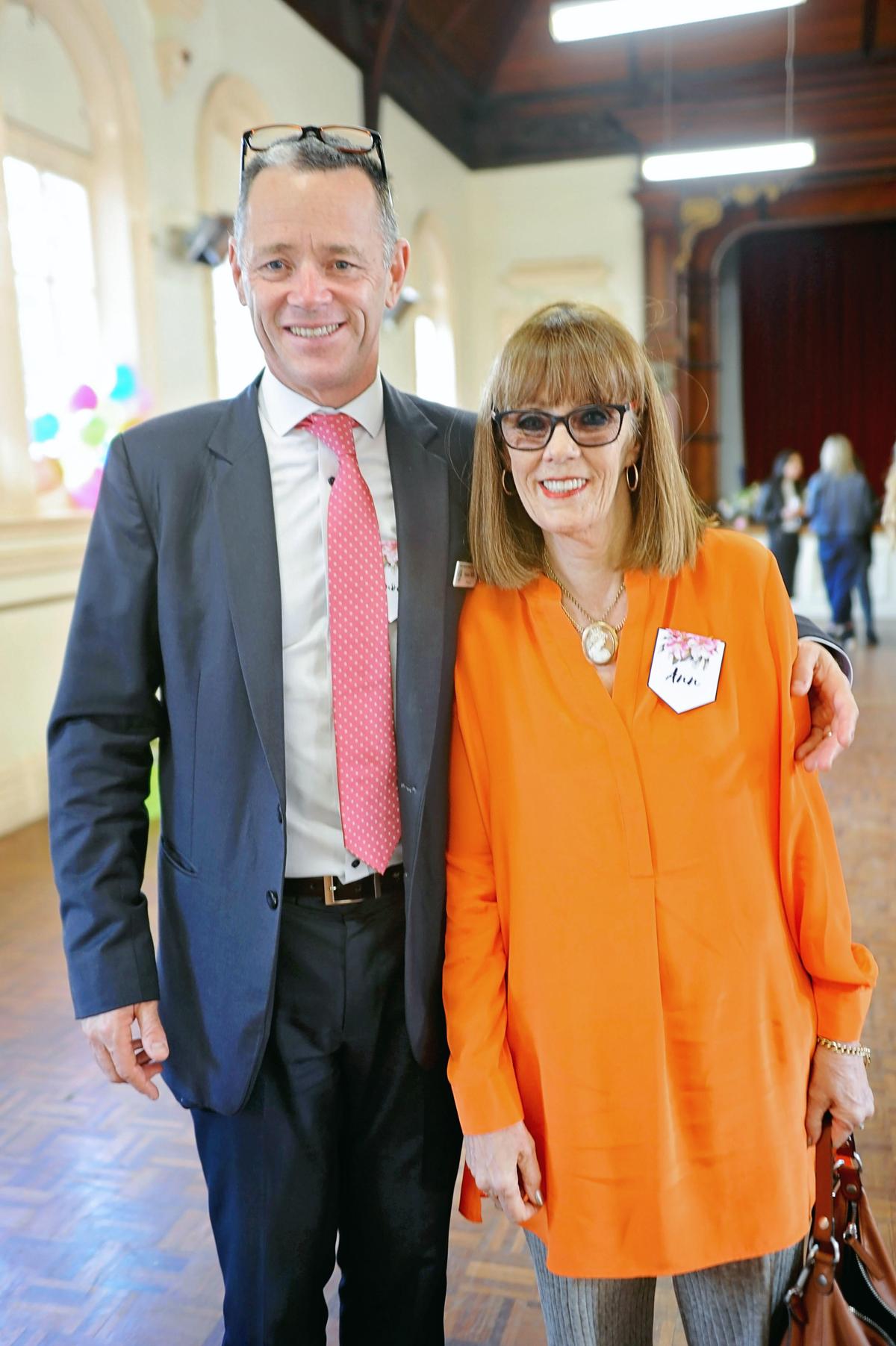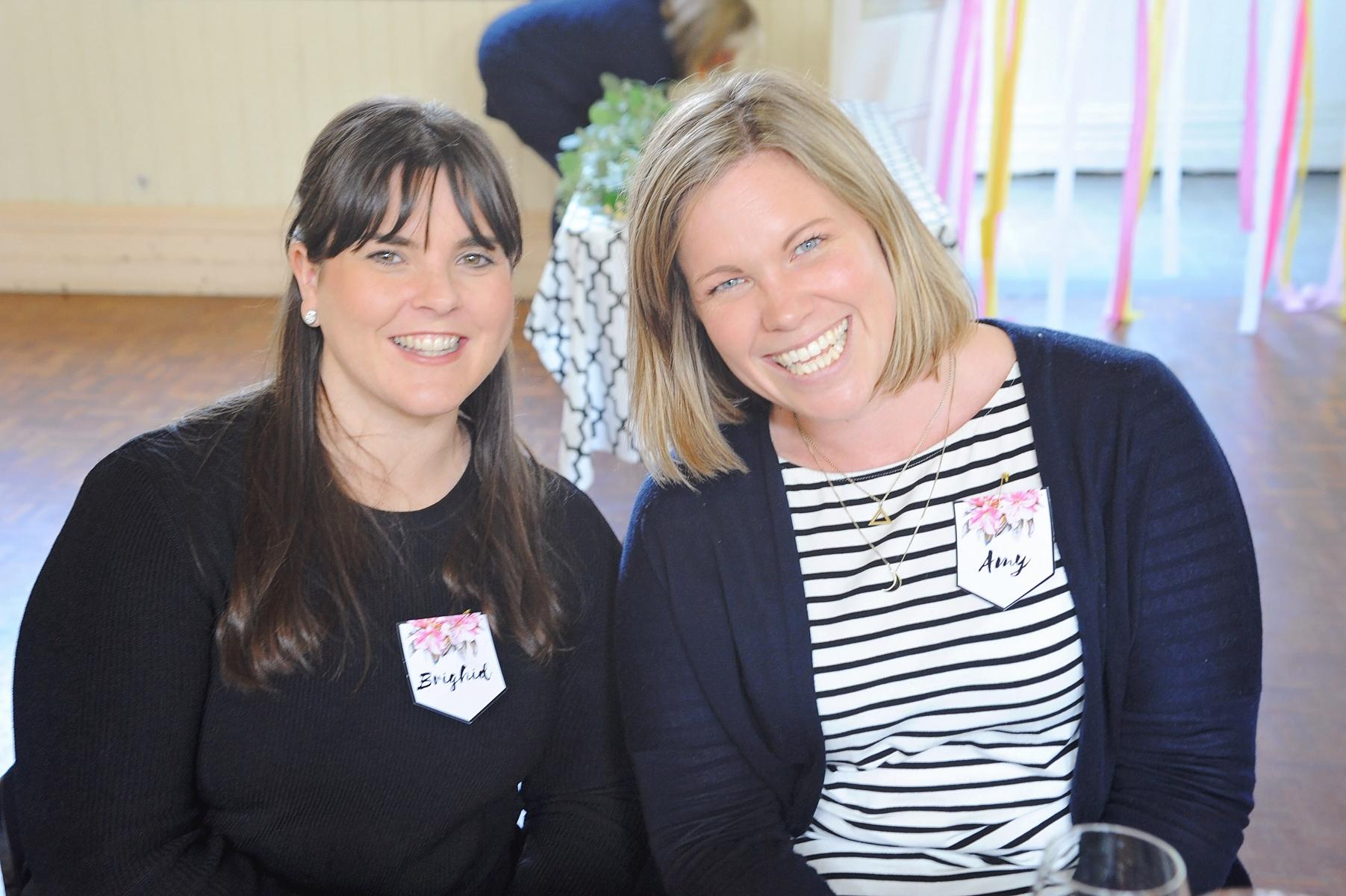Principal's Report
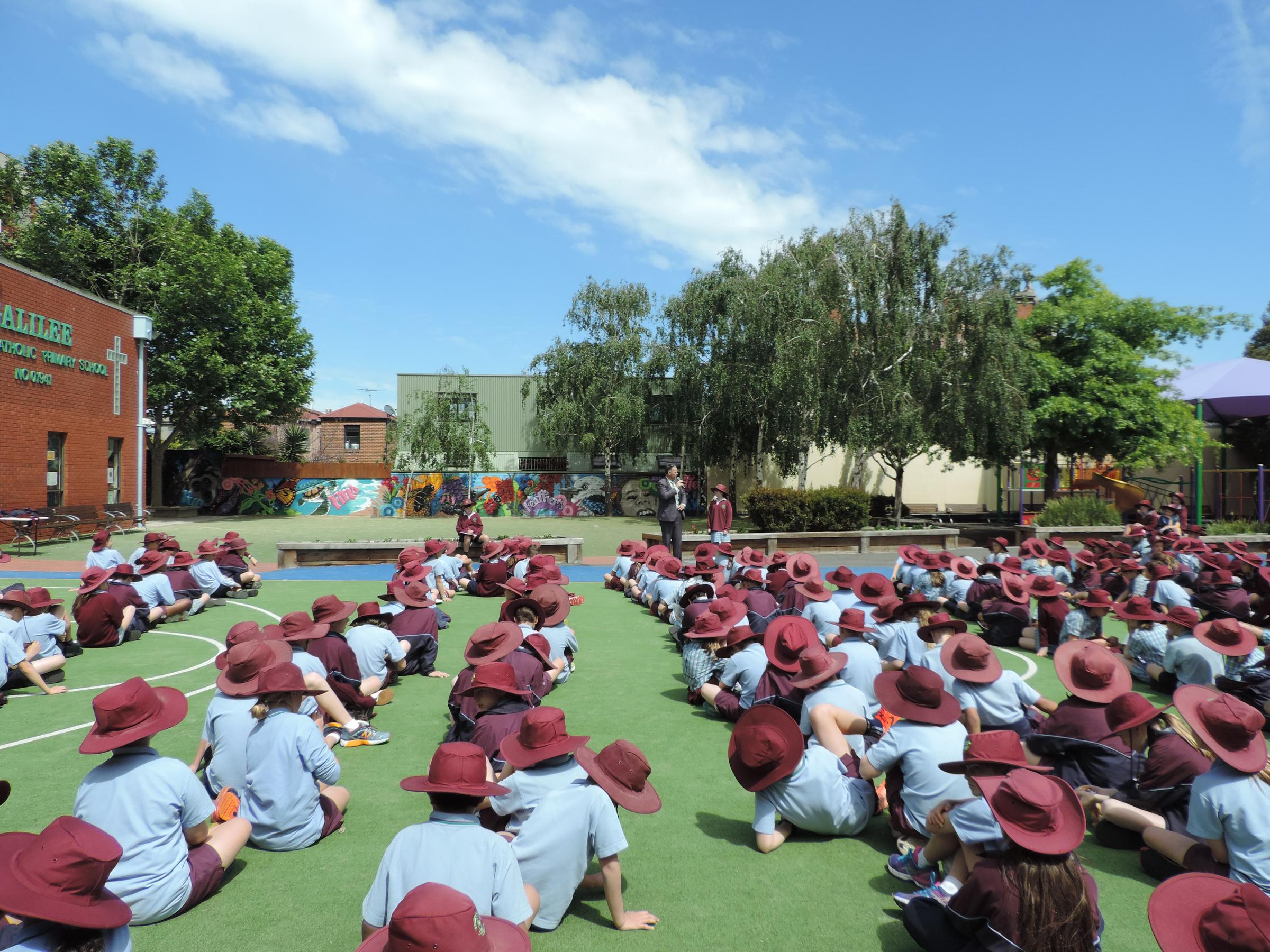
Ireland
Dear Families,
As previously published, late last term I travelled to Ireland as part of a sponsored trip with other school principals from Melbourne. The following is a summary of two of the guest speakers:
1. Imelda Wickham, a Presentation nun, who has worked as a prison chaplain for the past 35 years;
2. Peter McVerry, a Jesuit priest, who has worked with the homeless in Ireland for the last 40 years.
Sometimes when we think of social issues within our society we forget that there are real people experiencing the problems. Both Imelda and Peter saw them completely and wholly as human beings who needed support and kinship – not as problems that needed to be solved. They spoke of these people as having fallen on difficult times for a multitude of reasons – some very often of their own doing – but never made judgments about them as human beings because of it. They simply walked with these people, shoulder to shoulder, offering support and assistance where they could and comfort and friendship when they could do nothing else.
Both of these people shared story after story of promise, hope, heartache and devastation, all the while extolling the dignity of each and every person that they came to know. Both Imelda and Peter spoke about how working with the excluded, marginal people, living on the edges of our society had deeply affected their spirituality and the way they read the scriptures. Peter said when he reads the scriptures he reads it through the eyes of compassion not through the eyes of the law and rules. He commented that he thinks people of today are looking for a God of compassion and perhaps all they are getting is a God of laws.
Peter challenged us and our church to think about the message of the gospel that we need to bring to people. If people flocked to Jesus in his time – which they did – why is this not happening with our modern church? Jesus’ message was relevant to the people he ministered to. He was in kinship with his people; he walked with them, ate with them, lived with them, whatever their circumstances. He challenged the authorities and stood with the marginalized. His message was apparent in his actions. He called for the modern church's teachings to be more connected to the people. Peter stressed to us that the very essence of being Christian is that we share Jesus’ dream of justice and peace in order that we can all live a fulfilled life.
Peter challenged us further as individuals and asked us:
“How do we live together to bring the kingdom of God to each other?”
When people encounter you, they should experience the kingdom of God – do they? These are important questions for us to ask ourselves.
Future Jobs
Next year's Preps will graduate from secondary school in 2030. Most of them will eventually be in occupations that are yet to exist. An article in the Herald Sun (20/05/2017) stated after thirteen years of schooling, 70% of students would participate in 'tech-focused' careers. That is a staggering statistic provided by the Good Careers Guide but reinforces the importance of Information and Computer Technology (ICT) in today's curriculum. Our students have learnt about coding, cybersafety and using a 3-D printer in their specialist class with Mr Martello. In the future, the students will be learning through the use of Virtual Reality goggles. Last year we upgraded the ICT infrastructure and purchased approximately 150 devices. We have provided our students with the resources to enhance their learning. ICT will continue to be an area of focus as we prepare our students for 2030 and beyond.
National Sorry Day in Australia
National Sorry Day is an Australia-wide observance held on May 26 each year. This day gives people the chance to come together and share the steps towards healing for the Stolen Generations, their families and communities. Stolen generations refer to Indigenous Australians who were forcibly removed from their families and communities.
The first National Sorry Day was held on May 26, 1998, which was one year after the tabling of a report about the removal of Aboriginal and Torres Strait Islander children from their families. The report, known as Bringing Them Home, acknowledged that Indigenous children were forcibly separated from their families and communities since the early days of European occupation in Australia. This removal was official government policy in Australia until 1969.
Australia’s Prime Minister Kevin Rudd tabled a motion in parliament on February 13, 2008, apologizing to Australia’s Indigenous people, particularly the Stolen Generations and their families and communities, for the laws and policies that inflicted profound grief, suffering and loss. This event is seen by many as a step forward in reconciliation.
Earlier this year we added new Australian and Aboriginal flags to the front of our school.
The Aboriginal flag is horizontally divided into two equal halves of black (top) and red (bottom) with a yellow circle in the centre. The black symbolizes Australia’s Aboriginal people and the yellow circle represents the Sun. The red represents the Earth and people’s relationship with the land. It also represents ochre, which is used in Aboriginal ceremonies in Australia.
Source: https://www.timeanddate.com/holidays/australia/national-sorry-day
The Torres Strait Islander flag features three horizontal stripes, with green at the top and bottom of the flag and blue in between, divided by thin black lines. A white dharri or deri (a type of headdress) sits in the centre, with a five-point star underneath it. The color green represents the land. The dharri symbolizes all Torres Strait Islanders. The black represents the people and the blue represents the sea. The five-point star symbolizes the island groups. The star is white, which symbolizes peace in this case. Bernard Namok designed the flag.
Culture
Previously I have written about the importance of being positive and grateful while showing appreciation for the recognition of others. Thankyou to the students, staff and parents/guardians who have been demonstrating these attributes at Galilee. While constructive feedback is a critical part of improvement, positive appreciation and recognition leads to improved wellbeing and ultimately performance. If you are wanting to acknowledge someone's effort or performance, approach them personally and don't assume that someone else has done it. With a number of people displaying this behaviour it can have a dramatic impact upon the culture of an organisation such as Galilee.
Punctuality
I've observed some students arriving late and not signing in at the office which is an important safety protocol. At Galilee we have a large enrolment boundary, meaning that some families have to travel a reasonable distance to arrive at school. We understand that at times, due to circumstances beyond your control (ie unusual traffic congestion), that families may be occasionally late for school. The school day begins at 8:50am and we appreciate the effort that families make to be punctual. If your child is late for school, arriving after 8:50am, they need to be signed in at the school office. Shortly after 8:50am, the front gate will be closed for safety reasons. Being punctual is important for your child's learning but being late can be disruptive for the remainder of the class. By being punctual, you are showing your child/ren that you value their education and school. If you consistently arrive late, you could aim to leave five minutes earlier. Please support the learning of our students by being on time for school.
Student-Led Conferences
Student-led conferences will occur on Monday 26th June from 2:00pm-7:30pm, with school finishing at 1:30pm on this day. Other conferences will occur on Wednesday 28th June from 2-5pm (school will remain open as normal on this day with specialist teachers supervising classes).
Information will be emailed home and sessions will available to book from tomorrow morning.
It is compulsory for students to attend from Prep—Year Six. The meetings will go for a period of 15 minutes, comprising TEN minutes with student-led conferences followed by an allotted FIVE minutes for parental questions about the report. If students are unable to attend with the parent/ guardian, they will need to be re-scheduled to a suitable time for all. These scheduled meetings are not the only time made available to parents to discuss their child’s progress; these can be made at any time suitable to all parties.
In a student-led conference format, students and teachers prepare together and then the students lead the conference while teachers facilitate. The triad then sit together to review and discuss the work and the student’s progress. The message is that the students are responsible for their own success. Student-led conference models vary but the premise is the same: This is the student’s moment to share his or her reflections on achievements and challenges.
Some of the benefits of Student-Led Conferences:
- Students are given the opportunity to accept responsibility for their learning.
- Student-parent communication can be improved.
- Students become self-evaluative about their role in the learning process.
- Students become more conscious about what they are supposed to be learning in each learning area.
- Students self-identify their areas of strength and development.
- Students (with their teacher’s assistance) select work that accurately reflects their progress.
- Students work on improving their organisational and oral communication skills.
- Students, parents and teachers can engage in honest dialogue about student progress.
Why have Student-Led Conferences?
Why have Student-Led Conferences? The purpose of a student-led conference is to make students more fully aware of their own learning and to help them take personal responsibility for their progress. In the traditional parent-teacher conference, students are ‘third parties’ to assessment, hearing about their progress through teachers and parents. Teachers and parents play a vital role in education but students must also take an active role in this area to maximise their potential for success. In preparing for a student-led conference students see how their strengths, weaknesses and behaviour can affect them as learners thus allowing them to take more responsibility for and control over their achievement in school. Student-led conferences are an experience that can improve the communication of both students and parents. In a student-led conference, students learn how to reflect on their learning, evaluate their progress and communicate this information to their parents. It is a fantastic opportunity for parents to listen to their children, to encourage growth and to help their child with specific problems. Hints for parents:
- Express positive interest and anticipation about the upcoming conference.
- Listen and respond to the student.
- Express pride in growth and progress.
- Ask questions (see below for samples).
- Be positive, offering to help in areas where improvement is needed.
- Recognise that students need to develop independence in communicating progress – the teacher will be there to facilitate and answer specific questions but will not take charge of the conference.
Possible questions to ask during a student-led conference: Can you explain this to me? How did you come up with this idea? How have you grown in this area? How can you improve in this area? How can we help you at home? What was important to you about this? If you could do this work over again, how would you change it? What future goals do you have as a student?
Catholic Education Funding
The text below is written by Catholic Education Melbourne
School funding needs to keep pace with school costs.
Nearly one in four Victorian students attends a Catholic school.
Catholic school families are pretty similar to government school families and are open to anyone seeking Catholic education. Catholic schools tend to keep school fees as low as possible, so that more families can make that choice for their children.
Over the next three years, the Australian Government has committed to growing funding for Catholic schools in Victoria by only 3.5%. While this might seem high in the current climate, to put it into context, teacher salaries in Victoria are expected to increase by 3.25% over the same timeframe.
This short-term gain comes with long-term pain.
From 2021, the Turnbull Government is now proposing to introduce a minimum annual indexation rate of 3%. The government originally intended on introducing a variable measure that would have resulted in significantly lower annual increases to Catholic school funding. While the government’s newer proposal is a positive step, annual funding growth may not keep pace with school costs, particularly if teacher salaries continue to rise at the current rate.
Any decision to reduce Catholic school funding – by not having school funding keep pace with actual school costs – could mean that parent fees may have to go up. Alternatively we would need to identify other cost-cutting measures that could impact the educational programs we provide for our students. If you would like to support Catholic Education in their negotiations please contact your local Federal Member of Parliament.
Peace and Blessings,
Simon Millar



